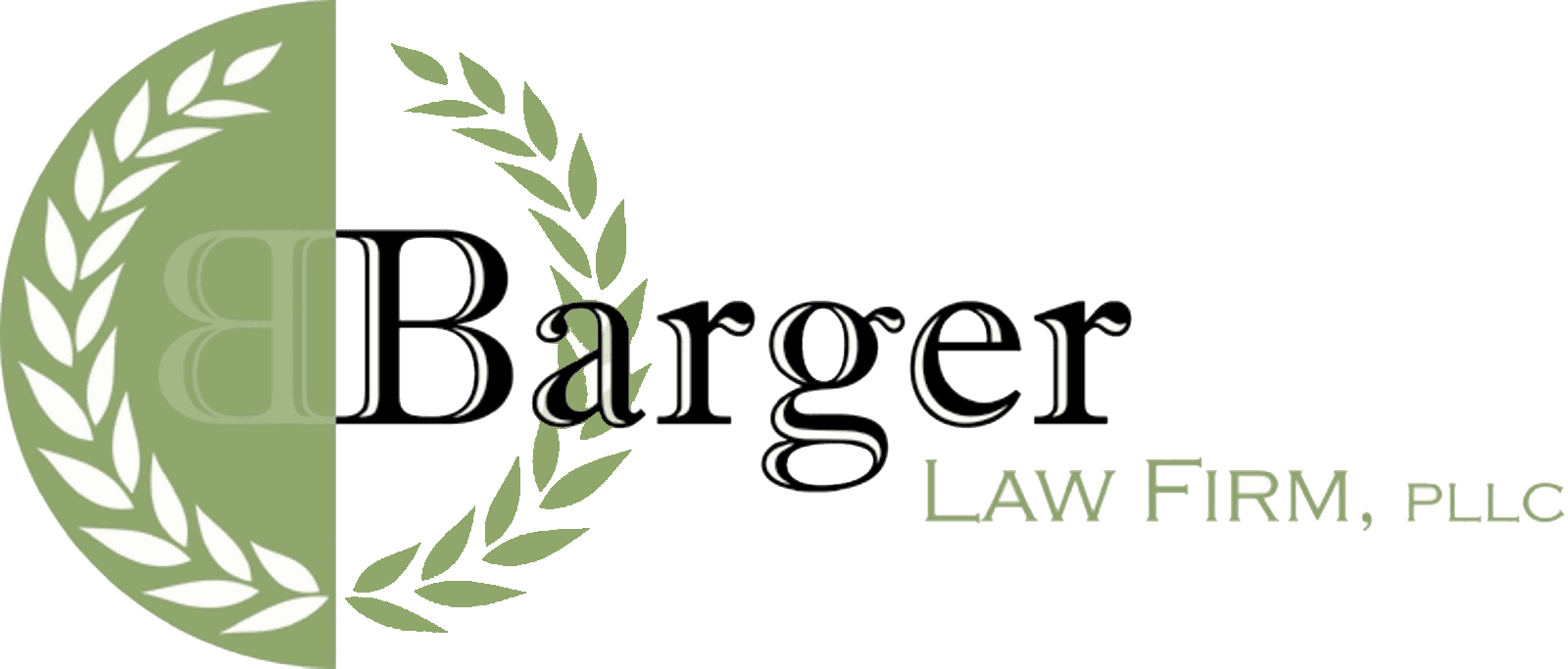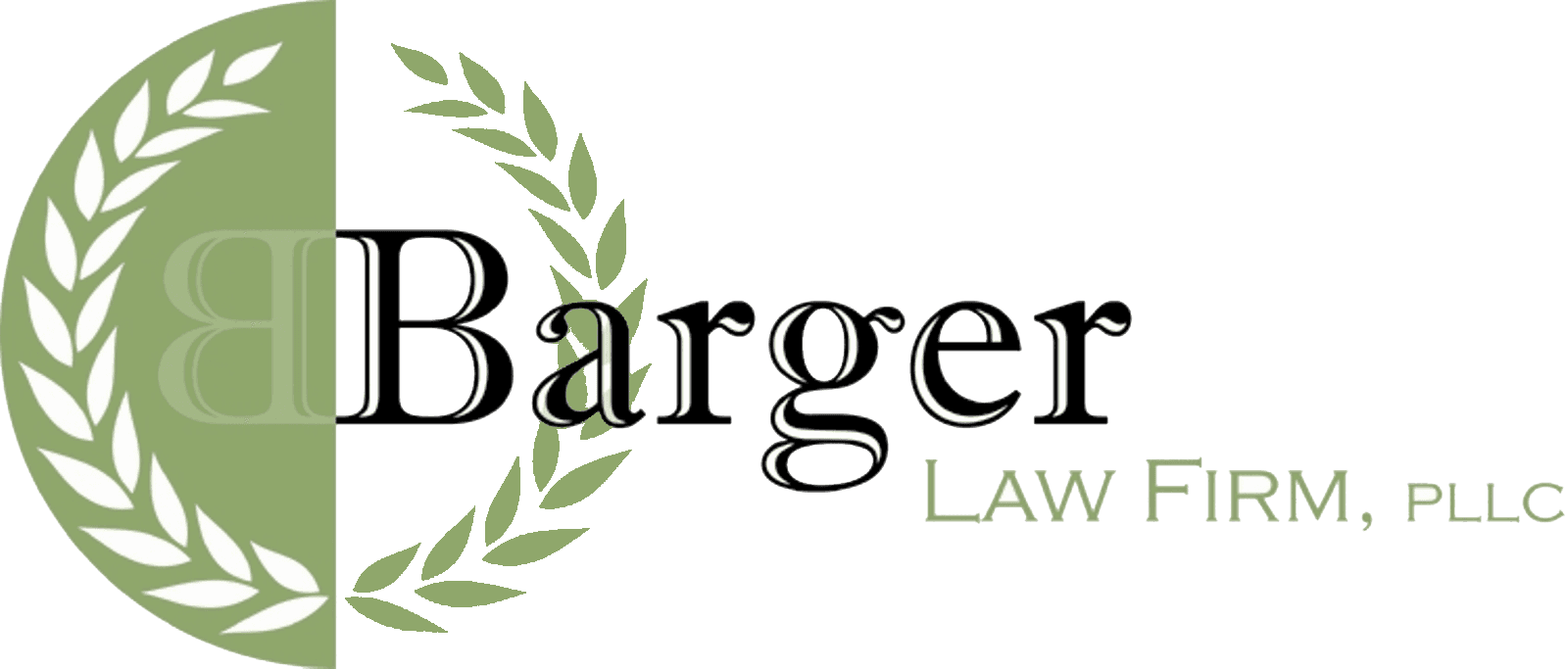Tax season is fast approaching, and it is a good time to plan ahead and think about your complete financial picture, tax savings, and how you will provide for your heirs and charities in the future.
January is here, which means that tax season is just around the corner. This year's income tax filing deadline is Tuesday, April 15, 2025. Most likely, you have been gathering your documents or extending the deadline. As you're already working on getting your affairs in order, now is the perfect time to get your estate planning in order.
The sooner you start, the less likely family disputes will occur and your assets will be distributed according to your wishes. You can also reduce your estate's tax burden by taking advantage of tax-saving strategies if you plan your estate early. In addition, it gives you peace of mind knowing your loved ones are being cared for and your finances are in order.
In the midst of stressing out about your tax documents, why should you do estate planning now?
1) Your Financials Are Already Organized.
2) If you have high income taxes or regularly give money to family members, you may be able to maximize gift tax benefits next year.
3) Whether you own a small business or not, it is important to consider business succession planning as part of estate planning. You may have already filed your taxes, but do you know what will happen to your company if you become ill or die? If you have any questions about your business structure, key person insurance, or tax efficiency, now is the time to schedule a meeting.
4) Planning ahead for the future opens up more opportunities for your family. Estate planning is particularly important if you have minor children or beneficiaries with special needs.
Our estate planning services can range from simple wills to asset protection plans tailored to your needs. Our team organizes your estate planning documents in one place, so they are easily accessible. We know that death and taxes cannot be avoided (except estate taxes, which can be avoided).





